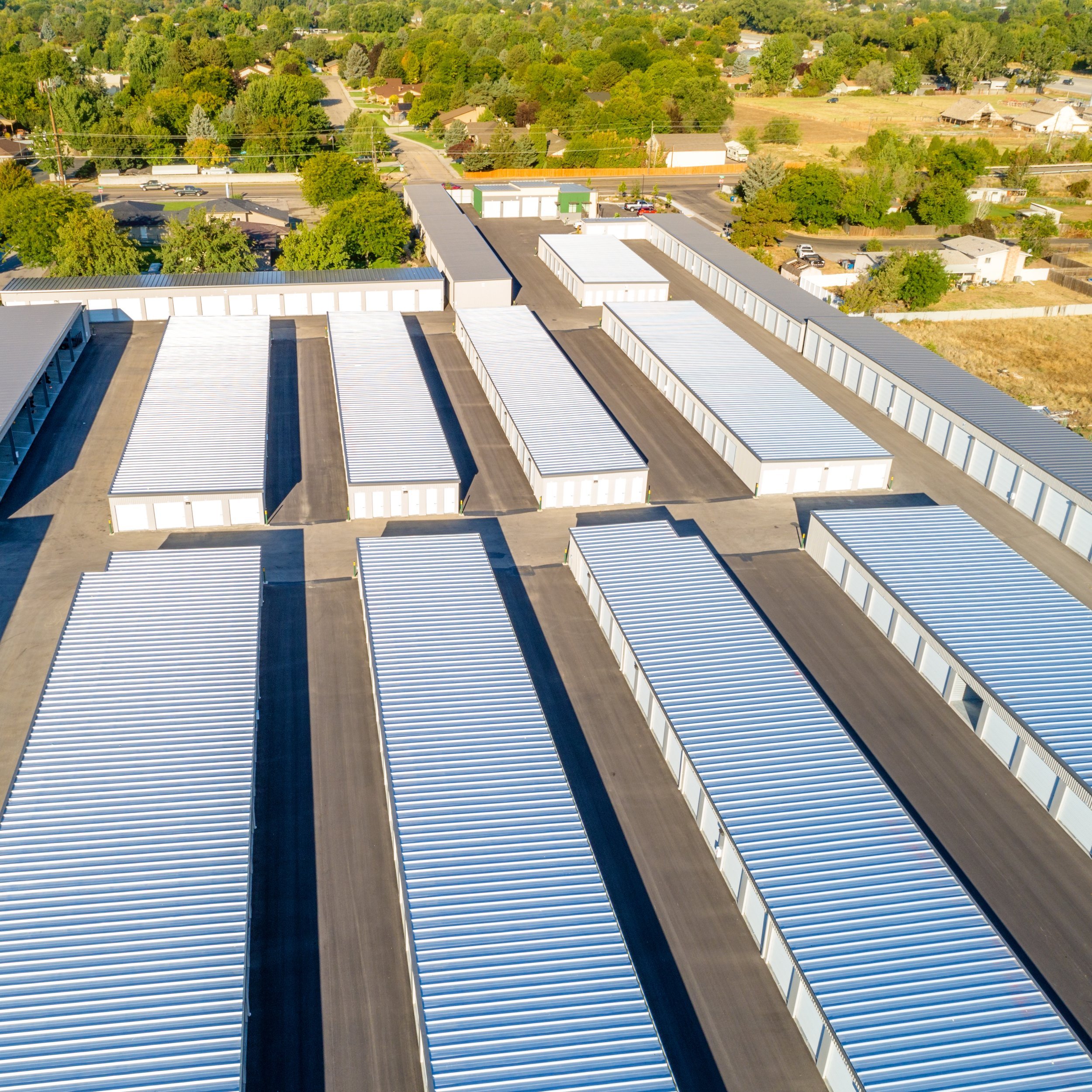
Secure Your Future with Our Self-Storage Investment Fund
Click below for exclusive access to our investor portal and detailed information on our commercial real estate fund.
Why Invest in Self-Storage?
Fragmented mom & pop ownership provides significant acquisition opportunities
Value-add opportunities through professional management, ancillary income, and specialized marketing
Historically recession-resistant. The asset class performed very well through the 2008 recession and COVID
High switching costs & misperceived length of stay lead to price elasticity
The best inflation-catcher in commercial real estate since every lease is month-to-month
For more information on self-storage, click here to access our free self-storage eBook or you can purchase Paul Moore’s book here. Paul is the founder of Wellings Capital.
About Wellings Capital
Wellings Capital is a real estate private equity firm established in 2015 that seeks to help high earners and high net worth individuals protect and grow their wealth through private commercial real estate investing.
1000+ investors across our funds have joined us to invest in self-storage facilities, manufactured housing communities, multifamily, and other private real estate asset types across the US. Our current portfolio is valued at over $500 million with approximately $200 million of investor equity under management as of August 2025.
A Track Record of Success
To review our detailed track record with us, you can schedule a call
43% IRR and 2.2x MOIC*
Gross median return on all 19 full-cycle investments within existing Wellings Capital funds
Successful distributions
Wellings Capital has maintained and/or increased distributions for all five income funds since their inception*

FAQs
-
A self-storage investment fund is a type of real estate investment vehicle that pools capital from multiple investors to acquire, develop, and manage self-storage facilities. These funds offer a way for individual and institutional investors to gain exposure to the self-storage sector without having to directly purchase and manage the properties themselves.
-
Investing in a self-storage business can be a compelling opportunity for many investors. However, as with any investment, it's important to carefully consider the potential benefits and risks before making a decision.
Benefits of Investing in a Self-Storage Business:
Consistent Demand. The demand for self-storage tends to be stable and growing. People and businesses need storage for various reasons, including moving, downsizing, seasonal storage, and extra space for belongings or inventory.
Recession-Resilient. Self-storage is often seen as recession-resistant. During economic downturns, people may downsize their living spaces and require storage for excess belongings, maintaining demand for storage units.
Low Operating Costs. Self-storage facilities typically have lower operating costs compared to other types of real estate investments. There are no tenants to manage in the traditional sense, and maintenance costs are generally lower than those for residential or commercial properties.
Scalability. Self-storage businesses can be easily scaled. As demand grows, additional units or facilities can be added, allowing for expansion without significantly increasing complexity.
Potential for Value-Add. Opportunities for value-add investments, such as upgrading security, adding climate-controlled units, or improving marketing strategies, can enhance the attractiveness and profitability of the facility.
Investing in a self-storage business can be a good investment if approached strategically. The sector's resilience, consistent demand, and potential for steady cash flow make it attractive. However, it's essential to conduct thorough market research, understand the competitive landscape, and be prepared for the challenges involved in managing the business. Consulting with industry experts and financial advisors can also help ensure a successful investment.
-
The average return on investment (ROI) for storage units can vary widely based on several factors including location, unit mix, market and submarket conditions, management efficiency, and the scale of the operation. However, self-storage investments are generally known for offering competitive returns compared to other real estate investments.
-
Historically, the self-storage industry has shown resilience during economic downturns. For example, during the 2008 financial crisis, the self-storage sector performed relatively well compared to other real estate sectors. While there were some declines in occupancy and rental rates, the impact was less severe, and the industry recovered more quickly.
During the 2008 recession, self-storage REITs experienced only modest declines in occupancy rates and were able to maintain stable cash flows. The industry benefitted from increased demand as people downsized and businesses looked for cost-effective storage solutions. The COVID-19 pandemic further demonstrated the resilience of the self-storage industry. Despite economic uncertainty, demand for self-storage remained strong as people moved, reorganized their homes, and businesses adapted to changing market conditions.
-
The net profit margin for self-storage facilities typically falls within the range of 30% to 45%, making it a highly attractive sector for real estate investors. Key factors that influence the profit margin include location, occupancy rates, rental rates, and operational efficiency. By focusing on these areas and continuously seeking ways to improve operations and revenue, self-storage operators can achieve strong profitability and sustain long-term success in the industry.







